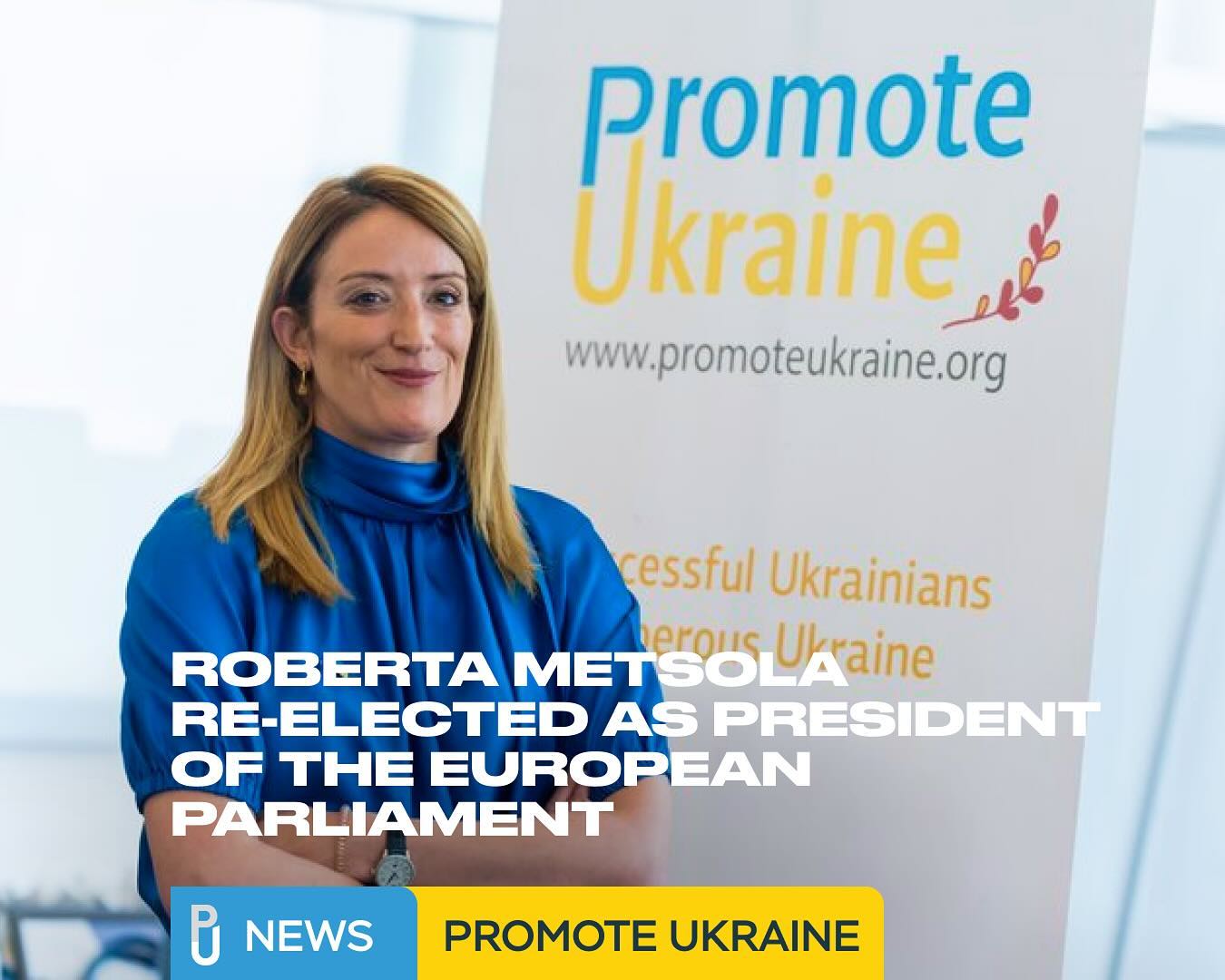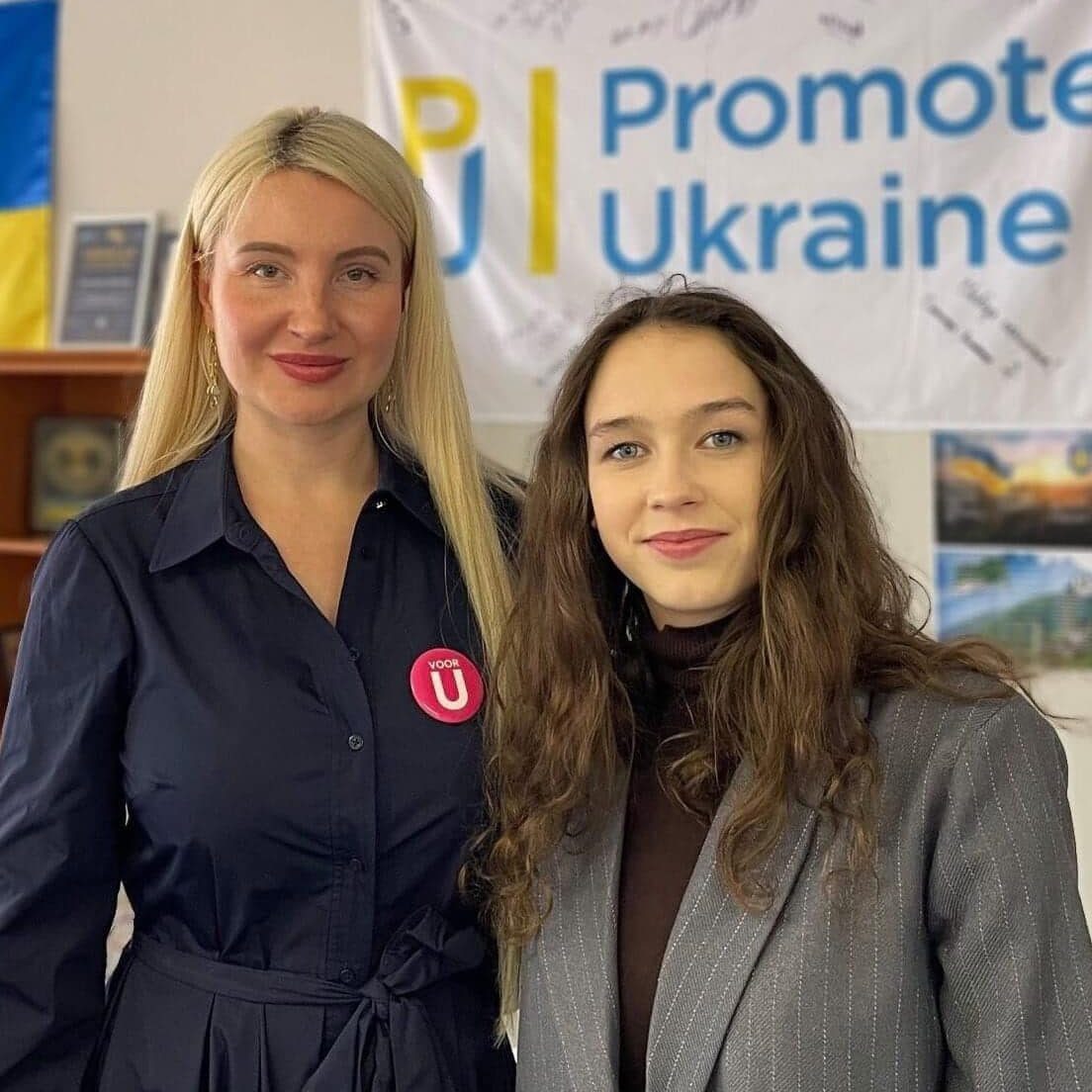Kremlin’s irrational policy deprives Russia of its allies and brings the West to its senses
On the night of 4 June, powerful explosions rocked the warehouses in the Sloboda plant in the Serbian town of Cacak which specialises in the production of artillery ammunition. Plant workers and the residents of surrounding areas were evacuated. You must admit that the idea of yet another operation by Russian special services suggests itself. Should the Serbian investigators check whether Sloboda supplied its products to Ukraine? There are well-known precedents. And the fact that Serbia is, perhaps, the most pro-Russian country in the European Union is not enough to protect it against Russian sabotage.
Meanwhile, another EU country, very loyal to Russia until recently, sees important political processes. The Czech Senate is set to vote next week on whether President Miloš Zeman should remain in office. The accusations prepared by the Czech Senate Committee on Foreign Affairs, Defence, and Security are very serious.
In the 45-page document, committee chair Pavel Fischer explains why Zeman cannot perform presidential duties. The list of grievances is striking: actions to the detriment of the interests of the Czech Republic in favour of a foreign state, disrespect for Czech statehood, attacks on representative government, and negligence in the use of classified information. “Miloš Zeman’s actions have long been incompatible with the Constitution. A high point was his actions related to the investigation into the Vrbětice explosions,” reads the committee’s report.
Of course, the reason for such actions by senators is not a mere concern for national interests and protection of the state. Elections to the lower house of the Parliament, the Chamber of Deputies, will take place in October, and the formation of the needed context for the election campaign is a separate goal of the current coalition’s opponents, who are more numerous in the Senate. It is the current Chamber of Deputies that is likely to stand in the way of the president’s impeachment: Prime Minister Andrej Babiš’s populist ANO party, the Social Democrats, and the Communists form a coalition majority. However, the pressure exerted by society can do its part: rallies are being held in the Czech Republic under the slogans “Miloš, go away!” and “Zeman is Kremlin’s agent.”
The explosions at military depots in 2014, involvement of Russian military intelligence officers, including well-known agents Anatoly Chepiga (“Ruslan Boshirov”) and Alexander Mishkin (“Alexander Petrov”) in which was established by Czech intelligence became a turning point in the Czech Republic’s relations with Russia. The facts of Russian sabotage in the Czech Republic became known to the public in April this year and led to a sharp political cooling and utmost decline in diplomatic relations between the countries. Attempts by the Czech leadership to quell the conflict yielded no results. In particular, Prime Minister Babiš said that was not an act of hostility against the Czech Republic but actions against a private company that had supplied weapons to Ukraine through Bulgaria. Zeman says that the version of Russian involvement may be untrue, and the explosions are caused by attempts to hide the shortage in warehouses rented by Imex Group. In other words, Chepiga and Mishkin were in the Czech Republic at the same time with purely tourist intentions, as in Salisbury in 2018 during the poisoning of Colonel Skripal and his daughter, where Russian agents seemed to admire the spires of the cathedral.
The Czech episode leads to another EU country known for widespread pro-Russian sentiment – Bulgaria. After Russian intelligence involvement in the Vrbětice explosions became known, investigative journalists from the Bellingcat group showed that there was good reason to consider that Russian special services were also directly involved in an attempt to poison Bulgarian arms dealer Emilian Gebrev, whose products could be stored in the Czech warehouses, with a Novichok nerve agent. In addition, suspicious explosions hit Bulgaria as well. Currently, the Bulgarian prosecutor’s office is investigating not only the poisoning of Gebrev, but also the explosion at the warehouse of Gebrev’s company in the village of Lovnidol in 2011. From there, the ammunition was to be sent to Georgia. In March and April 2015, similar explosions rocked the warehouses in the village of Iganovo, and in March 2020, a warehouse in Maglizh. Furthermore, the evidence in the case of the explosions in Iganovo was destroyed in the fire at the Sofia Institute of Special Equipment in 2015 in a remarkable manner. Six Russian intelligence officers, who must have taken part in those events, were established.
That is why, given the Czech-Bulgarian history of Russian saboteurs and poisoners’ adventures, it is difficult not to react to the explosions in Serbia in a certain way.
All this series of frightening episodes that have happened, and that are happening, testify to several important things. First, and this is obvious, Russia feels very comfortable, defiant in the countries of the European Union and NATO, and is not reluctant to indulge in committing acts of state terrorism in their territory. The Kremlin demonstrates openly that it dares do this, and so far nothing has convinced it that the price it will have to pay will be exorbitant.
Second, illusions about the rationality of the Russian leadership’s policy should be put aside. The annexation of Crimea and the invasion of Ukraine in 2014 were explained by Putin’s somewhat understandable attempt to raise ratings, although Russia has since embarked on the path of an international outcast. There is simply no rational explanation for the actions that lead to the inevitable burial of relations with the last countries of Europe, where sentiments towards Russia were still preserved. Here we can also mention the attempted coup d’etat in Montenegro in 2016, in which representatives of Russia’s military intelligence service were also involved, including former deputy military attaché to Poland Eduard Shishmakov. After a scandal around the expulsion of diplomats, the Czech Republic, along with the United States, is now on Russia’s list of hostile countries approved by the Russian government. It is unclear how Russia benefits here. There is a sarcastic meme about Voronezh town, which Russia bombards every time it wants to punish the West. The Czechs, Bulgarians, and Montenegrins loyal to Russia are somewhat residents of Voronezh: the allies punished because of enemies.
Third, and the episode with Zeman is illustrative here, the West, even yesterday’s so-called Putin-Verstehers, facing the danger that is openly demonstrated by Russia, begins to zealously defend their civilisational values which become targets of Kremlin’s hybrid operations. It is one thing to impose sanctions as a way to punish violators of international norms, and it is another thing to defend the purity of domestic policy, within which outspoken supporters of Putin and his political methods can no longer be tolerated as the lives and safety of citizens are at stake. This pivot towards the West’s rethinking of its values, in contrast to what is happening in Russia and Belarus, is also the result of the Kremlin’s efforts. Unfortunately, it happened – it happens – much later than it should have. A very high price needs to be paid for “pragmatic” relations with inhumane regimes and endeavours not to notice or downplay their crimes.
Leonid Shvets






 UA
UA FR
FR DE
DE




